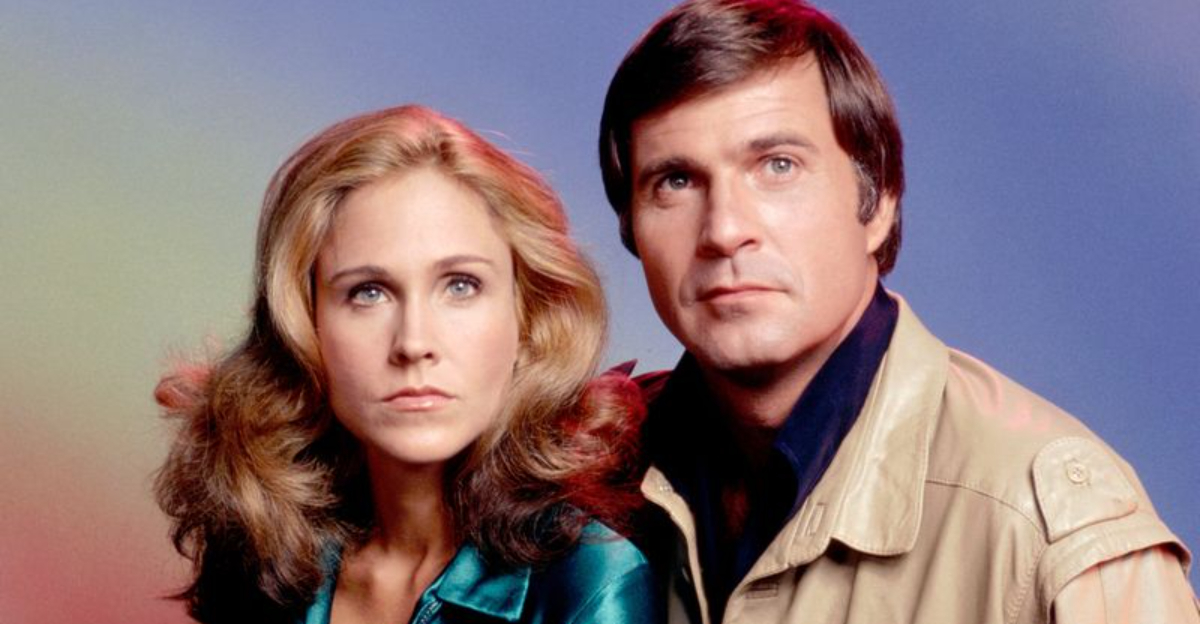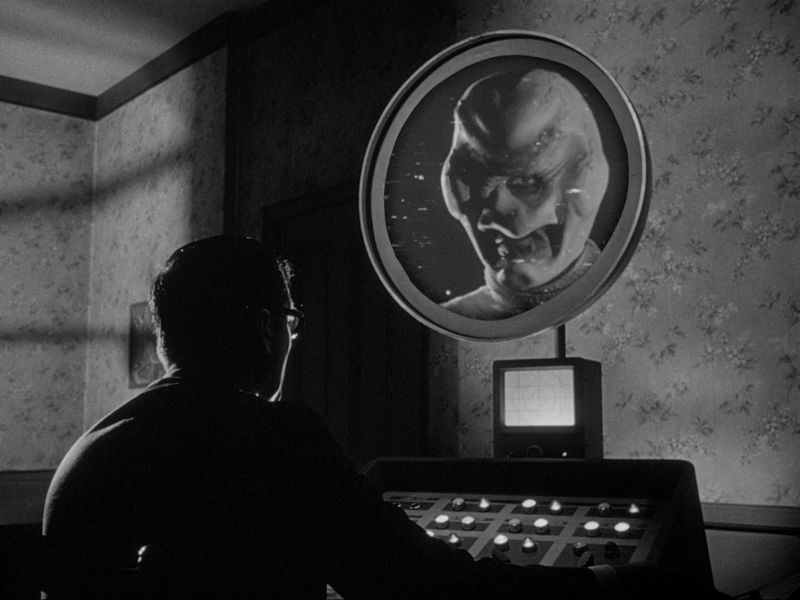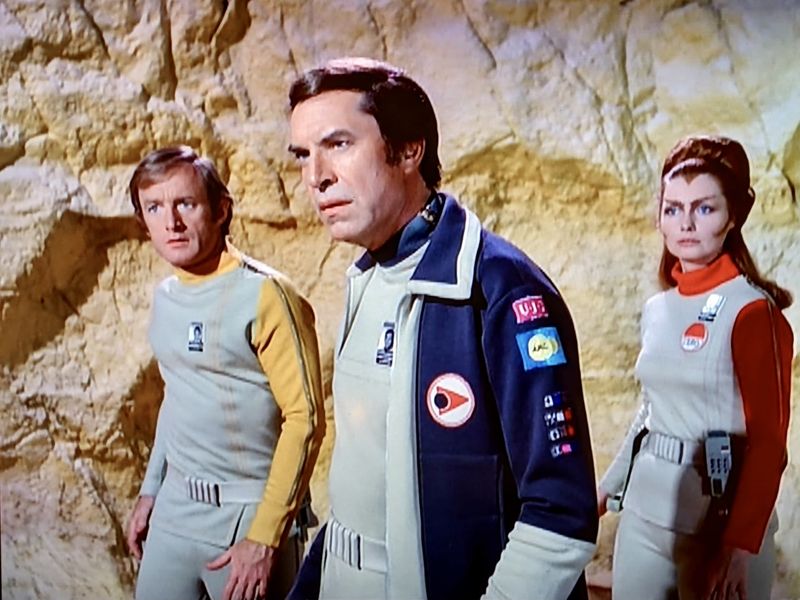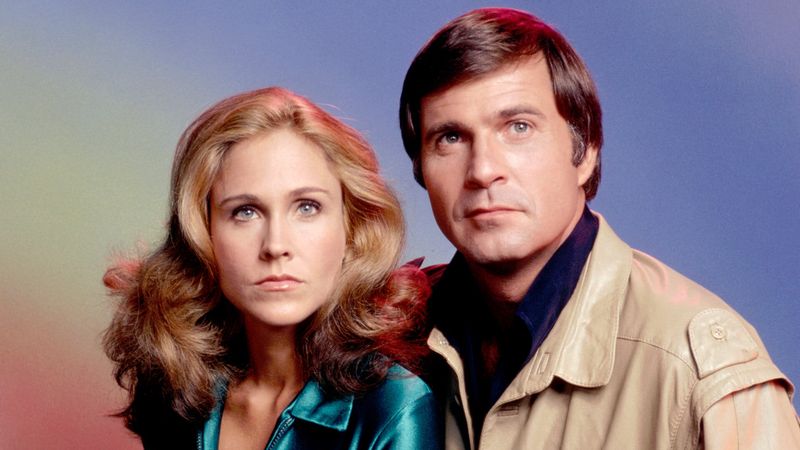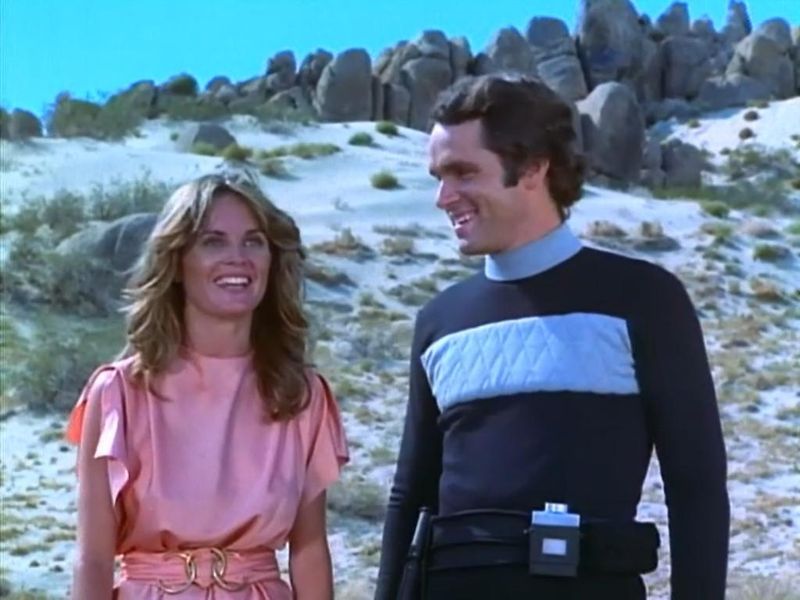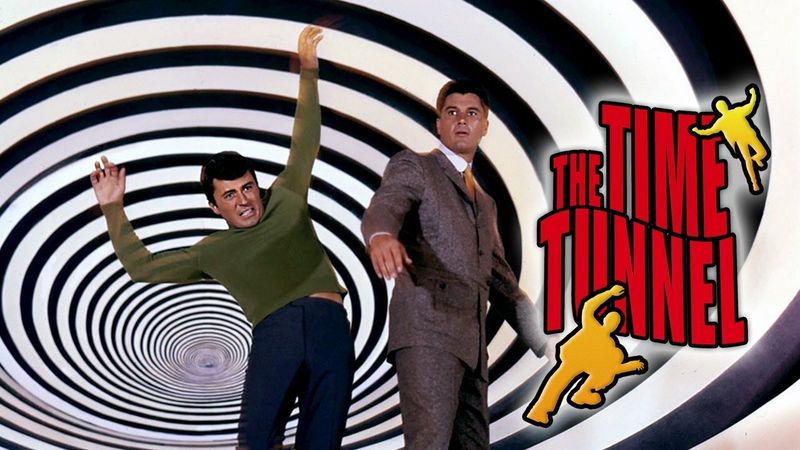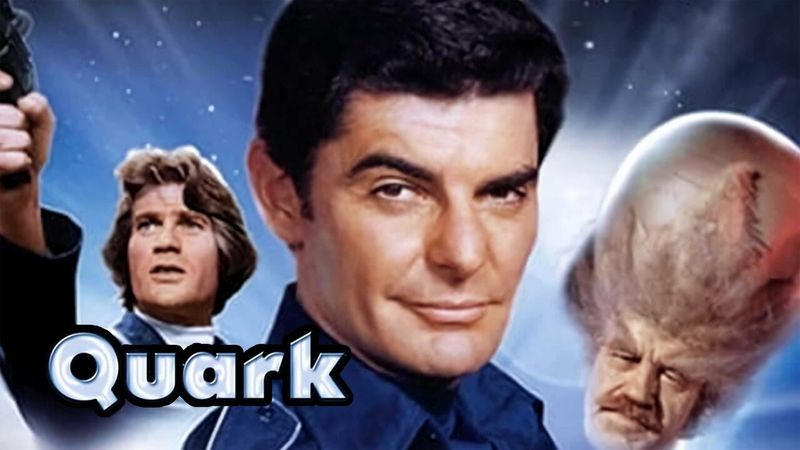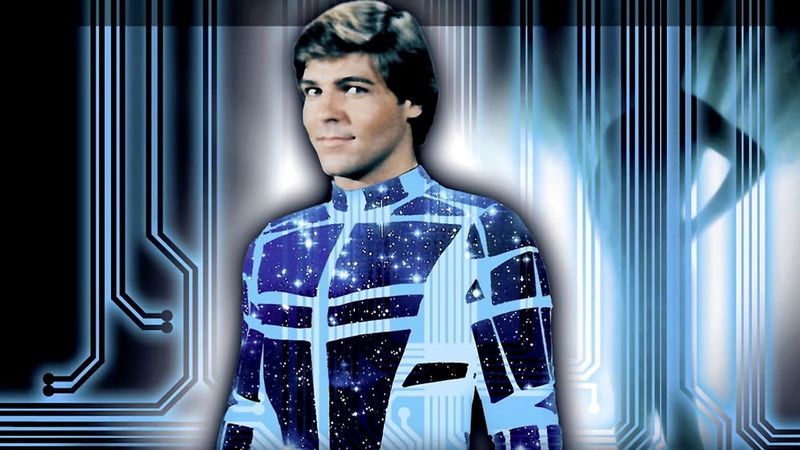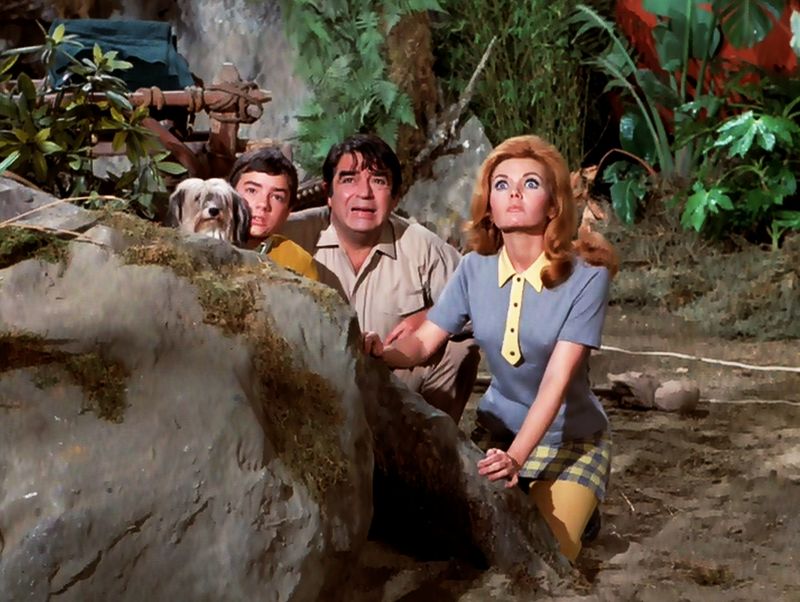Science fiction television has a rich history, filled with imaginative worlds and thought-provoking narratives. Some shows captured the public’s imagination but have since faded from mainstream recognition.
Let’s explore these ten sci-fi gems that once ruled the airwaves, now tucked away in the annals of television history.
1. The Outer Limits (1963-1965)
The Outer Limits, an anthology series, delivered captivating science fiction tales during its original run. Known for its eerie and thought-provoking plots, the show explored themes of humanity, technology, and the unknown.
Each episode offered a self-contained story, often with a surprising twist. Viewers were treated to a variety of settings, from alien planets to dystopian futures.
The series was renowned for its special effects, which, while primitive by today’s standards, were groundbreaking at the time. It inspired many future creators and remains a touchstone for sci-fi fans seeking classic, thought-provoking entertainment.
2. Space: 1999 (1975-1977)
Space: 1999 followed the adventures of Moonbase Alpha’s inhabitants who faced cosmic challenges after the Moon was hurled into deep space.
The show captivated audiences with its stunning visual effects and intriguing storylines. It portrayed a world where technology and humanity faced existential threats.
Despite its short run, the series left a lasting impression, known for its atmospheric design and philosophical musings. The characters’ struggles and triumphs in the vastness of space offered viewers a glimpse into potential futures, blending science fiction with human drama.
3. Buck Rogers in the 25th Century (1979-1981)
Buck Rogers in the 25th Century revitalized a classic character, bringing futuristic adventures to late-70s television.
The show’s blend of action and humor made it a favorite among viewers. Buck’s journey through time and space, accompanied by his trusty robot Twiki, engaged audiences with its imaginative plotlines.
Its visual style, complete with flashy costumes and elaborate sets, reflected the era’s vibrant sci-fi aesthetic. Although short-lived, Buck Rogers left a mark with its adventurous spirit, reminding viewers of the endless possibilities that the future might hold.
4. Logan’s Run (1977-1978)
Logan’s Run, inspired by the film of the same name, explored a dystopian future where inhabitants must conform to rigid societal rules.
The show’s unique premise captivated viewers, presenting a world of both beauty and oppression. Logan’s journey to escape societal constraints resonated with audiences seeking adventure and freedom.
The series’ imaginative settings and thought-provoking themes offered viewers a blend of action and social commentary, reflecting the era’s concerns about individuality and control. Despite its brief existence, Logan’s Run remains a cult favorite for its daring exploration of future societies.
5. V (1983–1985)
V introduced audiences to a world where aliens, masquerading as friends, aimed to control Earth.
The series was praised for its suspenseful storytelling and allegorical themes, drawing parallels to historical events. Viewers were captivated by the human resistance’s efforts to thwart the alien invasion.
With its memorable characters and dramatic confrontations, V offered a unique blend of science fiction and social commentary.
It stood out for its ability to weave tension and intrigue, keeping viewers on the edge of their seats. Though it ended abruptly, V remains a beloved part of sci-fi history.
6. The Time Tunnel (1966–1967)
The Time Tunnel followed two scientists as they navigated history through a mysterious temporal vortex. Each episode took viewers on a journey to different eras, blending historical events with fictional twists. The show’s innovative concept and engaging plots captured the imagination of audiences.
Despite its short run, The Time Tunnel was celebrated for its creativity and special effects, which brought historical scenes to life.
The series offered a fascinating mix of education and entertainment, inviting viewers to ponder the possibilities of time travel and its impact on the present.
7. Man from Atlantis (1977-1978)
Man from Atlantis introduced viewers to Mark Harris, an amnesiac with unique aquatic abilities. The series explored his adventures both underwater and on land, blending mystery and science fiction. Viewers were intrigued by the protagonist’s quest for identity and understanding of his origins.
Set against a backdrop of stunning underwater visuals, the show delved into themes of discovery and belonging.
Although it had a brief run, Man from Atlantis left a lasting impression with its imaginative storytelling and the enigmatic charm of its lead character, inviting audiences to explore the unknown depths.
8. Quark (1977-1978)
Quark brought humor to the sci-fi genre, following the misadventures of an interstellar garbage collector and his quirky crew. The series combined elements of satire and science fiction, offering a humorous take on space exploration.
Known for its witty dialogue and eccentric characters, Quark provided a refreshing contrast to more serious sci-fi shows of the time.
Despite its short lifespan, it gained a cult following, remembered for its clever parodies and playful spirit. Quark encouraged viewers to laugh at the absurdities of space travel, proving that humor and sci-fi could coexist.
9. Automan (1983-1984)
Automan introduced audiences to a digital superhero brought to life by advanced technology. The series combined elements of crime-fighting with futuristic concepts, captivating viewers with its unique premise.
The titular character, a holographic crimefighter, offered innovative solutions to modern problems.
Its visual effects, including neon-lit suits and computer-generated environments, were ahead of their time, leaving a lasting impression.
Automan’s blend of technology and action resonated with audiences, showcasing the potential of digital worlds. Though short-lived, it remains a fascinating glimpse into the early days of tech-inspired storytelling.
10. Land of the Giants (1968-1970)
Land of the Giants followed a group of humans stranded on a planet where everything was gigantic. The series captivated viewers with its imaginative premise and groundbreaking special effects.
Each episode presented new challenges as characters navigated a world filled with oversized obstacles.
The show’s visual creativity and adventurous spirit made it a standout in the sci-fi genre.
Despite its limited run, Land of the Giants inspired future storytellers to consider the wonders and perils of exploring unknown worlds. It remains a testament to the power of imagination in crafting compelling science fiction.
